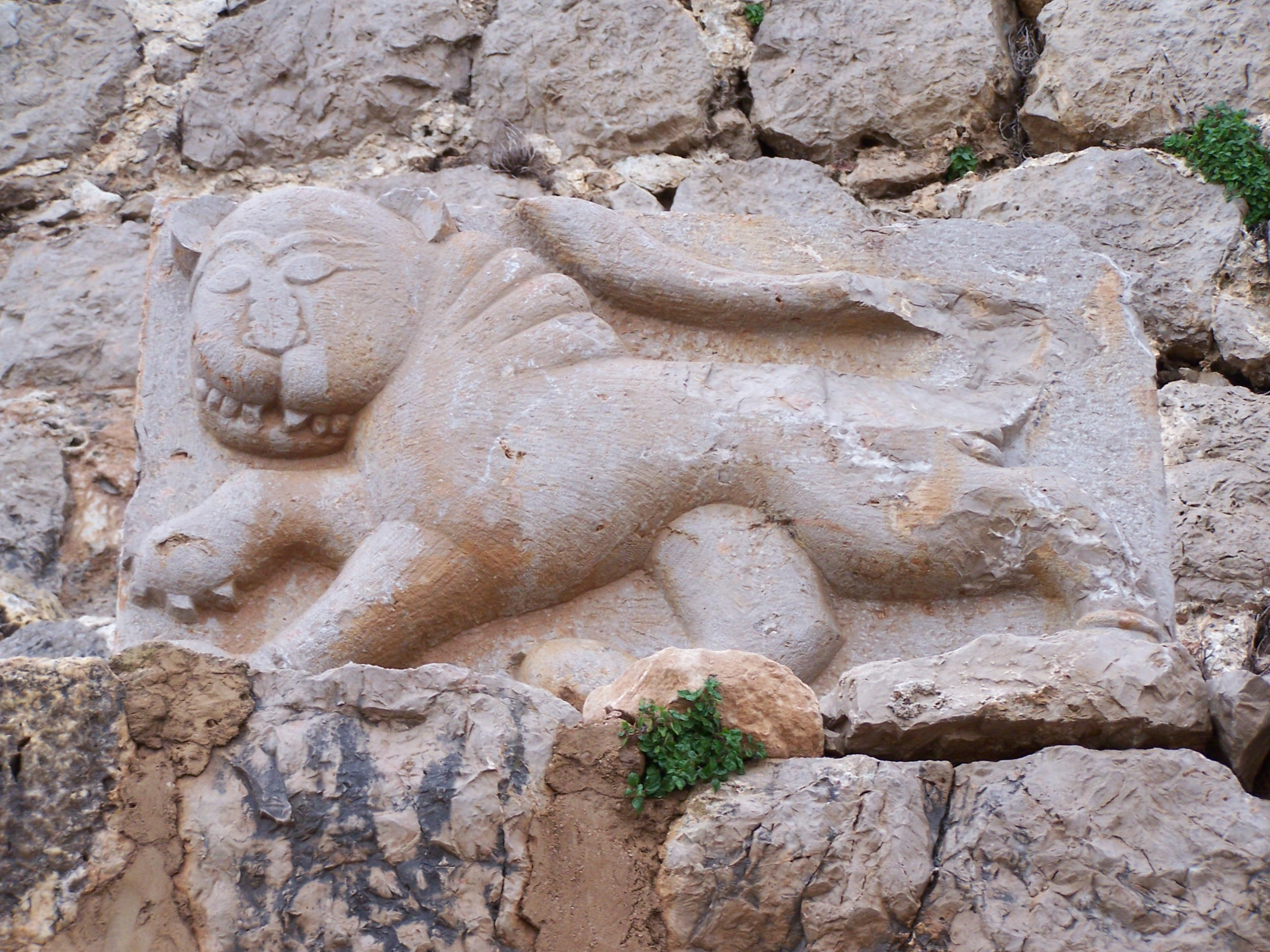In this article, Dr. Robert Lindsey discusses the importance of the so-called “minor agreements” of Luke and Matthew against Mark for properly understanding the interrelationship of the Synoptic Gospels. David N. Bivin and Joshua N. Tilton collaborated with Lauren Asperschlager to bring this article, which previously existed only as an unfinished draft, to Jerusalem Perspective subscribers.
LOY Excursus: The Kingdom of Heaven in the Life of Yeshua

In this excursus to the Life of Yeshua commentary, David N. Bivin and Joshua N. Tilton delve into the ancient Jewish concept of the Kingdom of Heaven and discuss the ways in which Jesus made use of this concept in his own unique style.
From Luke to Mark to Matthew: A Discussion of the Sources of Markan “Pick-ups” and the Use of a Basic Non-canonical Source by All the Synoptists

The first article I wrote on the interrelationships of Matthew, Mark and Luke to each other and to other canonical and non-canonical sources appeared in the journal Novum Testamentum. With further research, however, I refined my hypothesis.
The Times of the Gentiles and the Redemption of Jerusalem
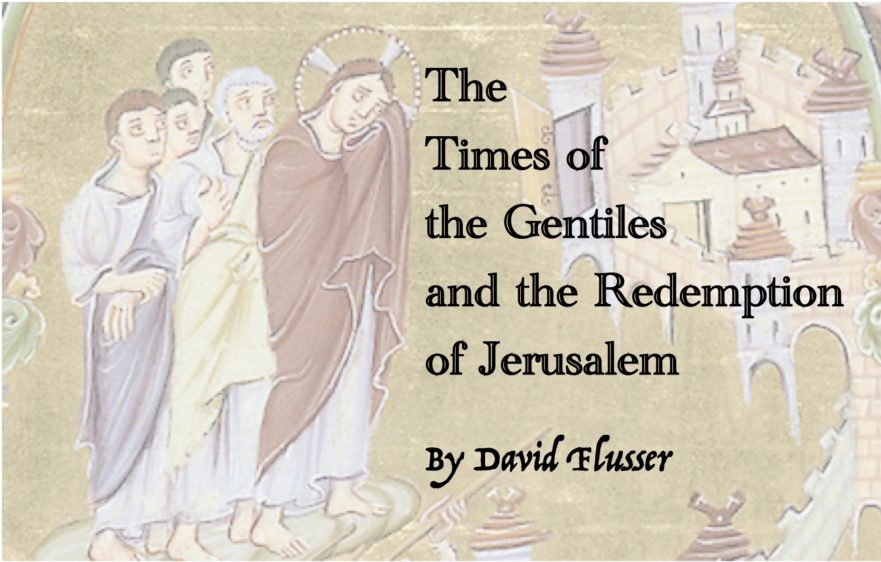
In this article David Flusser applies the methods of the Jerusalem School of Synoptic Research and the insights of Robert Lindsey’s solution to the Synoptic Problem to Jesus’ prophecy concerning the destruction and liberation of Jerusalem.
Measuring the Disparity Between Matthew, Mark and Luke

A solution to the synoptic problem involves, among other things, the measurement of the disparity we find between parallel texts in Matthew, Mark and Luke.
The Apostolic Decree and the Noahide Commandments
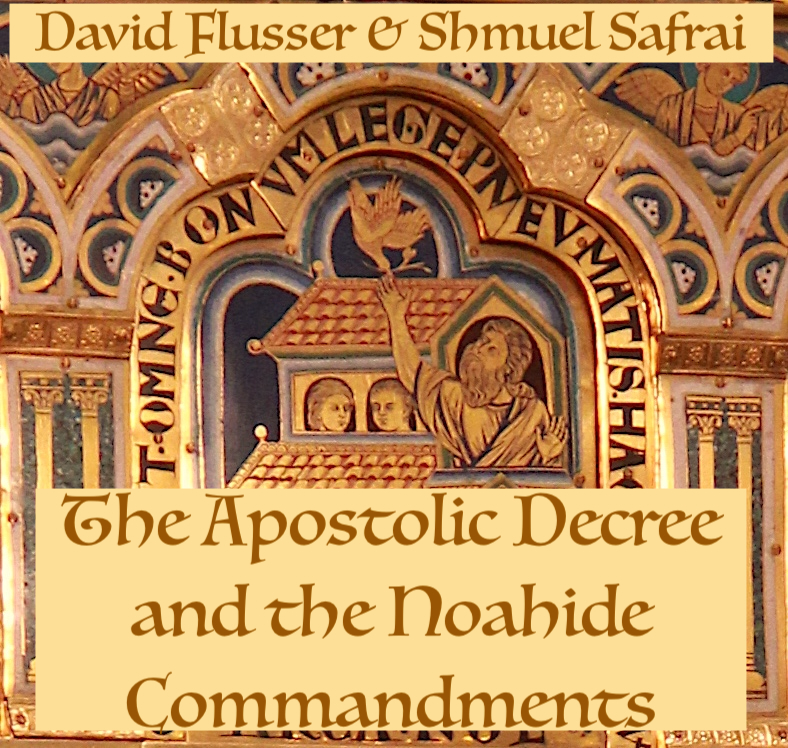
Jerusalem Perspective is pleased to make available to the English-speaking world this important article written originally in German by David Flusser and Shmuel Safrai: “Das Aposteldekret und die Noachitischen Gebote,” in Wer Tora mehrt, mehrt Leben: Festgabe fur Heinz Kremers (ed. E. Brocke and H.-J. Borkenings; Neukirchen-Vluyn, 1986), 173-192.
A Response to Kilty and Elliott on the Talpiot Tomb
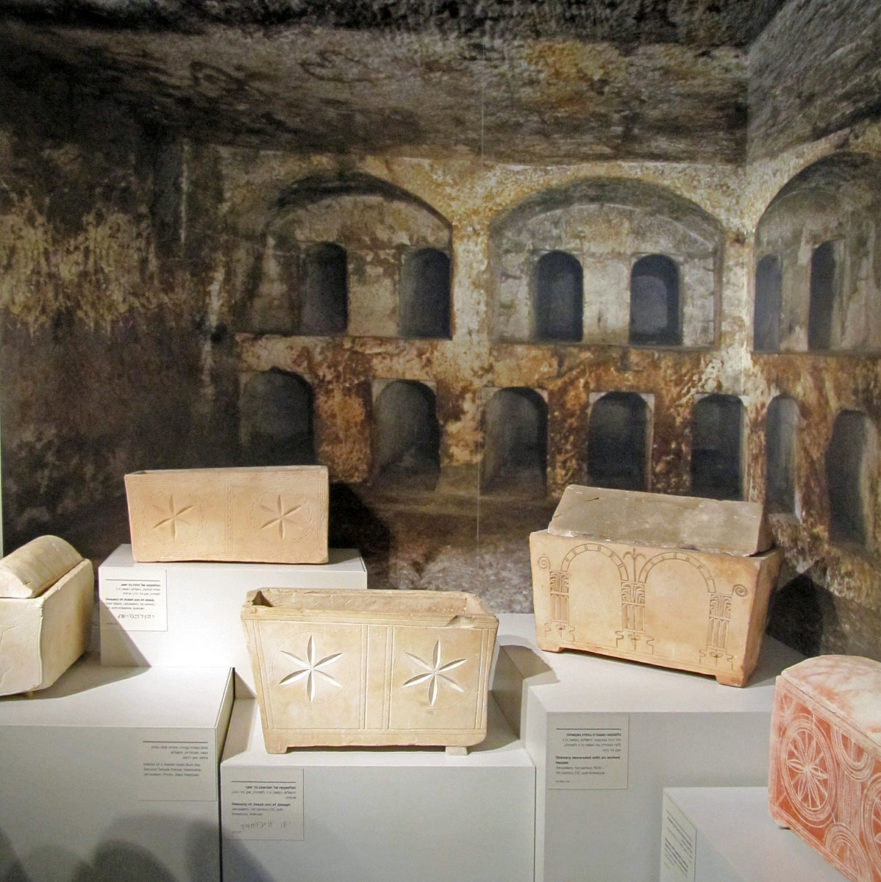
The calculations of Kevin Kilty and Mark Elliott have an after-the-fact particularity to them that belies their claim to be dealing with probabilities.
Lord’s Prayer

David Bivin and Joshua Tilton envision how the Lord’s Prayer might have been formulated in its original language and explore the ancient Jewish context to which the Lord’s Prayer belongs.
From Melchizedek to Jesus: The Higher Eternal Priest in Jewish Second Temple Literature

A scroll from the Judean Desert proves that the biblical Melchizedek was transformed into the eschatological high priest in some Jewish circles in the first century B.C.E.
Evidence of an Editor’s Hand in Two Instances of Mark’s Account of Jesus’ Last Week?
It has been noted that in instances where Mark’s editorial hand restructured his story, Luke has preserved a more primitive form of the account, a form that is independent of Mark’s influence. Gospel scholars need to properly evaluate Mark’s editorial style and acknowledge that frequently a theological agenda influenced his rewriting.
Jesus and the Enigmatic “Green Tree”
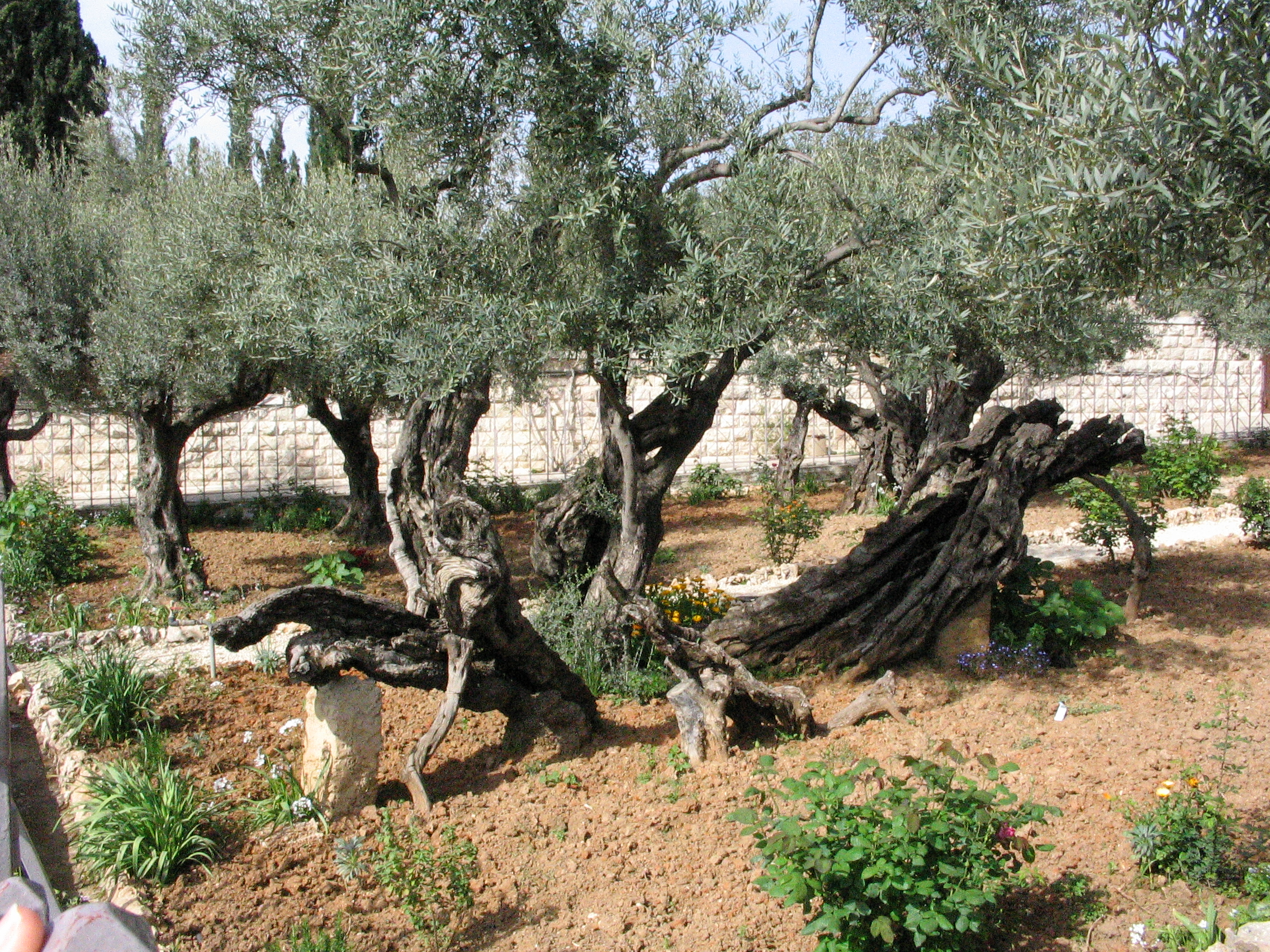
Jesus made bold messianic claims when he spoke. To thoroughly understand these claims, however, we must get into a time machine and travel back in time to a completely different culture, the Jewish culture of first-century Israel. We must acculturate ourselves to the way teachers and disciples in the time of Jesus communicated through allusions to Scripture.
The Value of Rabbinic Literature as an Historical Source
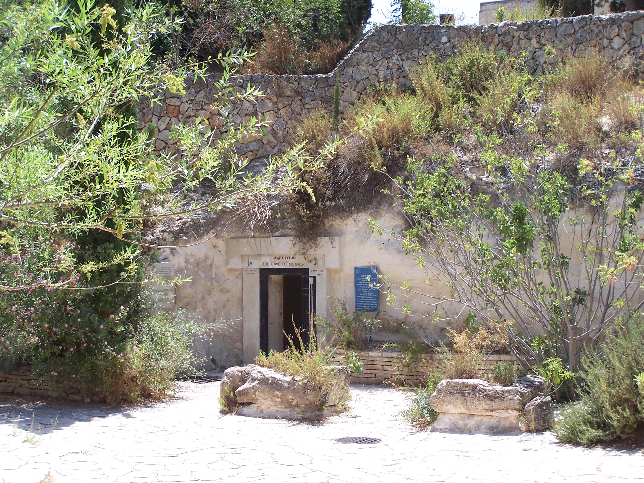
The thesis of this article is that rabbinic sources, when used in a careful manner, can provide reliable historical material pertaining to the Second Temple period. If this thesis is accepted, the consequences for the study of the New Testament Gospels are obvious.
Elijah Prays About Rain

Toward the end of his Epistle, James exhorts his readers to pray with faith for the healing of the sick. When we read that “the prayer of a righteous man has great power in its effects” (James 5:16), we might have expected James to cite the example of Abraham. Genesis 20:17 might have served as the perfect prooftext: “Abraham prayed to God; and God healed Abimelech.” …The example of Elijah that was provided by James, however, seems less obvious and more difficult.
From Ezekiel 17:24 and 21:3 to Luke 23:31: A Survey of the Connecting Jewish Tradition
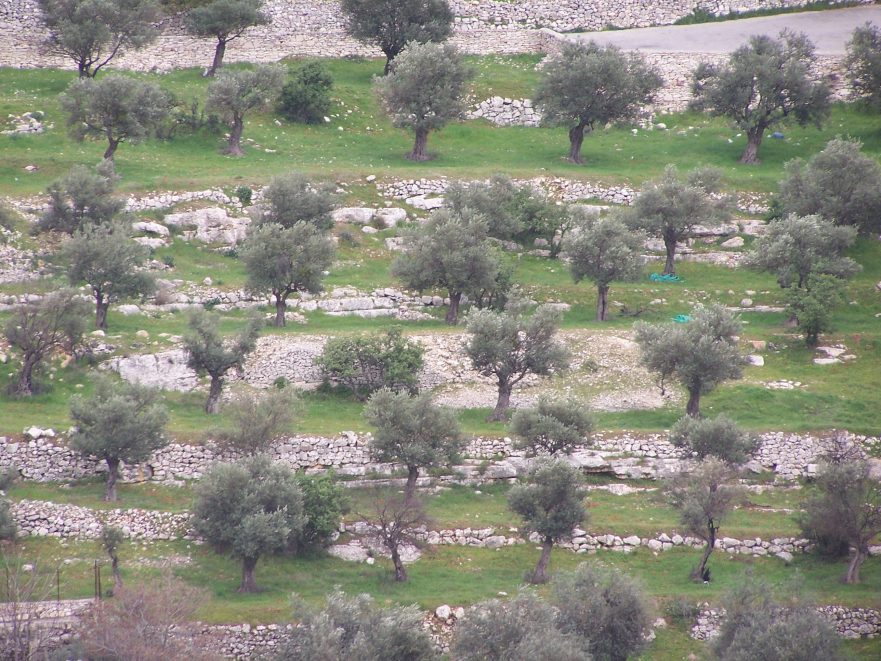
“For if they do these things in a green tree, what shall be done in the dry?” (Luke 23:31; KJV) Passages such as this demonstrate the indispensability of situating the teachings of Jesus within the context of Second Temple Period history, culture, literature, and language.
A Non Sequitur in the Argument for the Canonical Approach to Scripture
What is the “canonical approach,” and in what respect is its main supporting argument a “shell game”?
A Time To Fast?

Once, when Jesus and his disciples were enjoying themselves at a dinner party, a simple observation was made: “Your disciples don’t fast!” The observation was innocent and simple enough; it was not an accusation, but an honest exclamation of perplexity. Jesus’ response, however, was far from simple.
“They Didn’t Dare” (Matt 22:46; Mark 12:34; Luke 20:40): A Window on the Literary and Redactional Methods of the Synoptic Gospel Writers
Mark’s placement of Jesus’ “no longer dared” comment is very awkward: first, because the comment comes in the middle of a lovefest between Jesus and a scribe; and second, because the comment immediately follows Jesus’ appreciation of the scribe’s wisdom: “You are not far from the Kingdom of God.”
The Approval of Abraham: Traditions of God’s Acceptance of Abraham in Early Jewish and Christian Sources
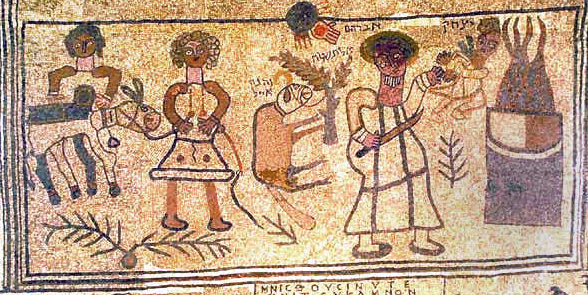
When, in ancient times, people read the account of the life of Abraham, it was common for them to ask, “When did Abraham finally make the grade? At which point in his life was Abraham approved and accepted by God?”

